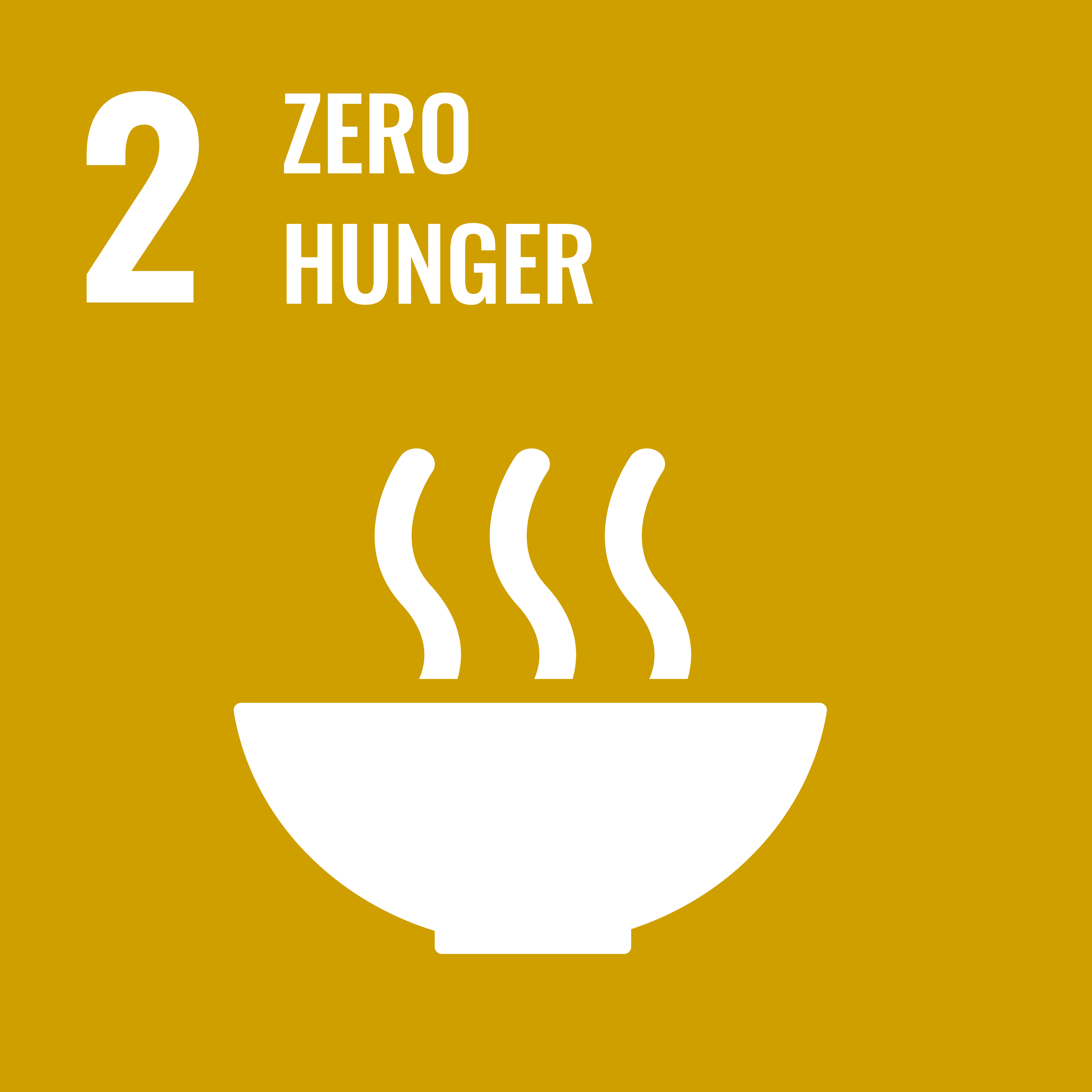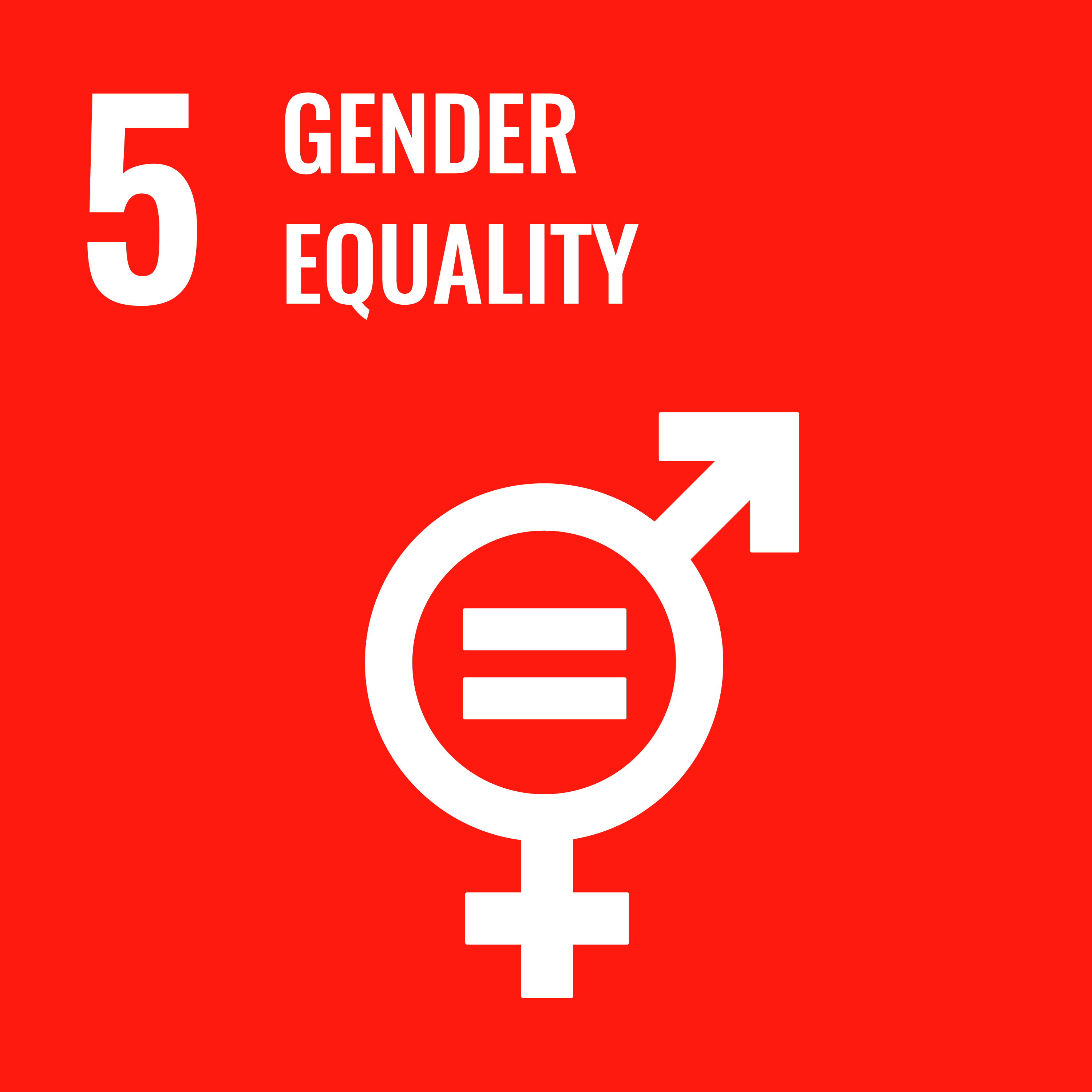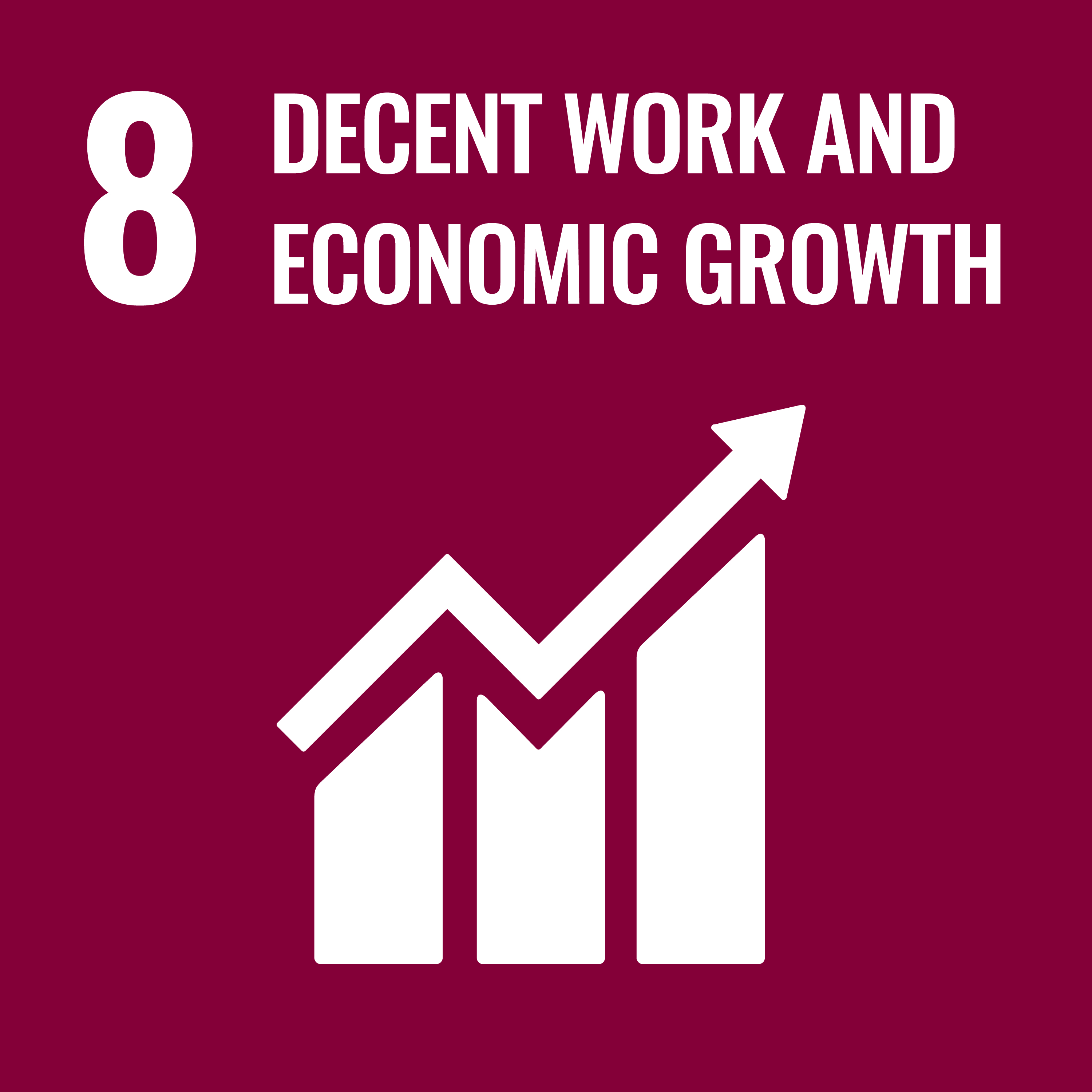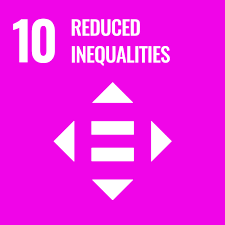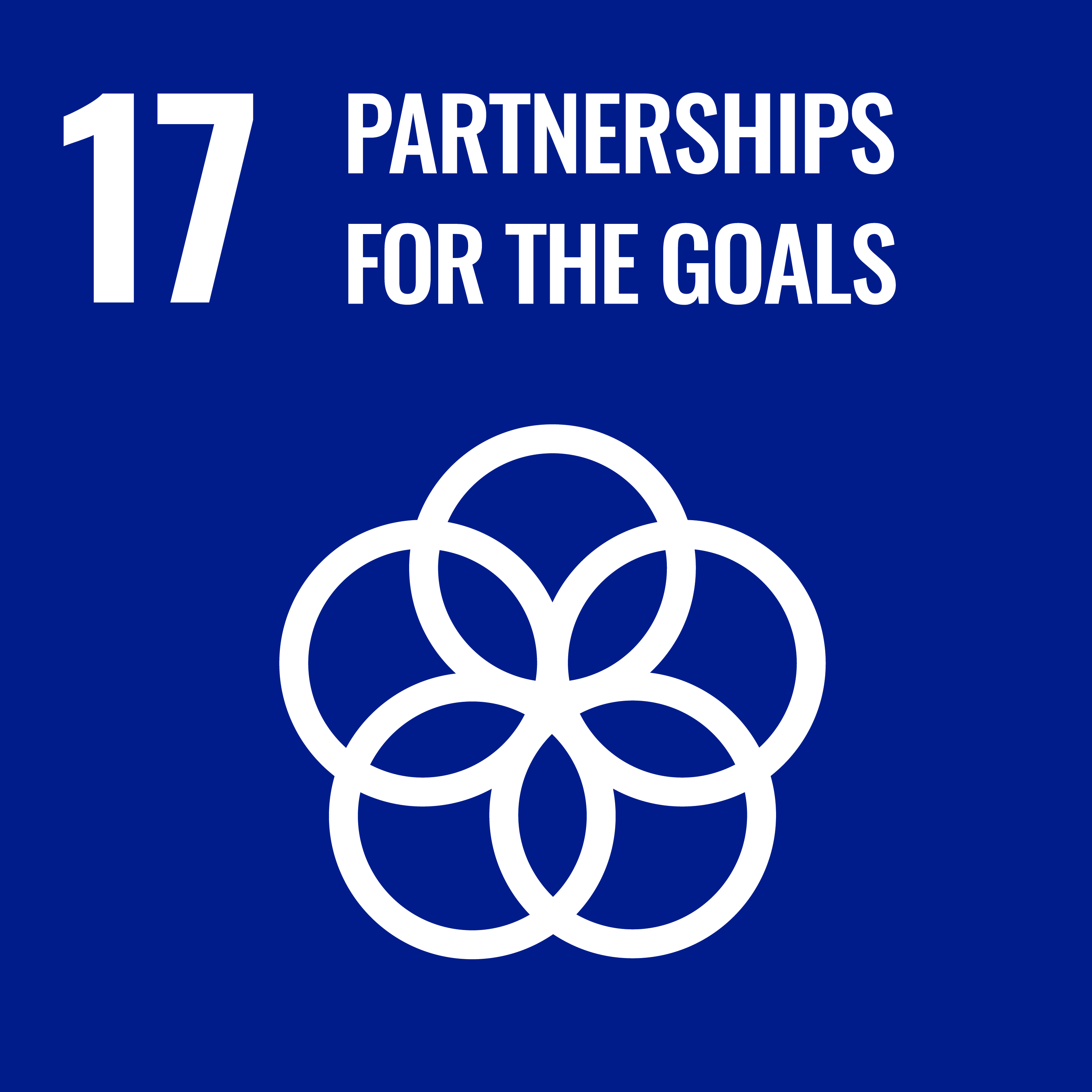In a concerted effort to foster women’s economic empowerment in agricultural value chains, the Gender and Development Unit, in collaboration with Good Food Community, Manila, spearheaded a training workshop titled “Women’s Economic Empowerment in Agricultural Value Chains,” specifically tailored for the Chico River Organic Producers Organization—an inspiring all-women farmers’ collective. The training workshop was held at Monamon, Bauko, Mountain Province.
At the helm of this initiative were Ms. Dixty L. Caranto, the Gender and Development (GAD) Focal Person of the Mountain Province State Polytechnic College (MPSPC), and Ms. Mabi David, representing Good Food Community. They crafted a dynamic training program designed to probe into the multifaceted aspects of women’s economic empowerment, focusing on the agricultural value chains relevant to the Chico River Organic Producers Organization.
The workshop’s objective was to identify and understand the barriers and opportunities that these women farmers encounter in their pursuit of economic advancement. Through engaging discussions, participants gained insights into the intricacies of agricultural value chains and explored strategic actions that could propel them toward individual and collective success.
One of the key highlights of the training was the collaborative crafting of strategic plans by the participants. These personalized plans were meticulously developed to address the unique challenges faced by the Chico River Organic Producers Organization. By doing so, the participants aimed to enhance their income-generating capacity and, in turn, contribute significantly to the realization of the organization’s vision and mission.
The Chico River Organic Producers Organization, comprised entirely of women farmers, stands as a testament to the potential for transformative change within agricultural communities. This workshop not only provided a platform for knowledge-sharing but also created a space for these women to strategize and plan for a more prosperous future
By empowering women in agriculture, this initiative contributes not only to the economic upliftment of individuals but also to the sustainable development of the entire community. The ripple effects of such endeavors are poised to create a lasting impact on the landscape of gender equality and economic empowerment in the agricultural sector.
